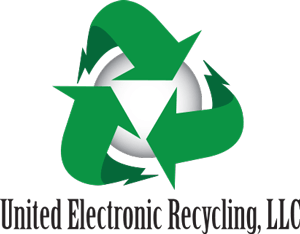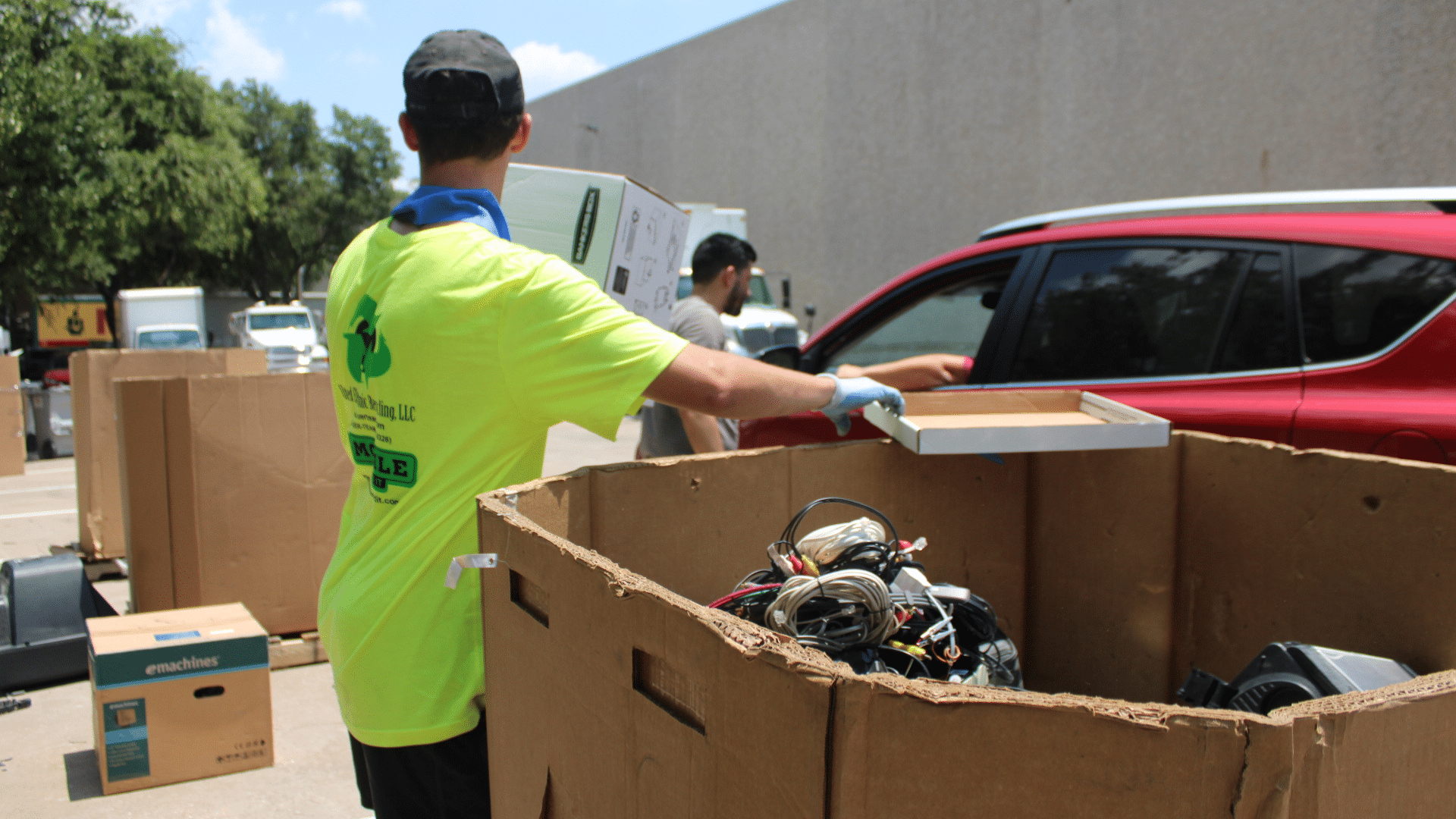R2 Certification: Responsible Electronic Recycling
Environmental Protection Agency encourages all electronic recyclers to become certified by demonstrating to an accredited independent third party auditor that they meet specific standards to safely recycle and manage electronics. Currently there are two accredited certification standards that exist: R2 and e-Stewards. R2 certification process covers more than 50 areas of operational and environmental performance.
What is an R2 Certification?
R2 stands for Responsible Recycling and is a standard that was developed by Sustainable Electronic Recycling International (SERI). R2 was designed to help ensure the quality, transparency, environmental, and social responsibility of R2-certified facilities. R2 Certification is a formal program designed to promote responsible recycling within the electronic recycling industry.
What is R2v3?
R2V3 is the latest version of the R2 standard. It is an international standard that sets out best practices and regulations for safe, responsible management of assets such as computers, laptops, batteries, circuit boards, and other electronic products. The new standard strengthened requirements in data protection, managing the flow of material through downstream vendors, and environmental health and safety.
Core Requirements of the R2 Certification:
- Scope– This requirement mandates an R2 facility to determine and certify the processes, electronic equipment, components, and materials streams managed.
- Hierarchy of Responsible Management Strategies– The purpose of this requirement is to support a circular economy by extending the life of electronic devices through reuse whenever feasible.
- Environmental, Health, and Safety Management Systems– All R2-certified recyclers must have an EHS system, such as ISO or RIOS to serve as the foundation and framework for managing R2 requirements and controls.
- Legal and Other Requirements– The purpose of this requirement is to ensure compliance with all applicable legal requirements.
- Tracking Throughput– Maintain business records sufficient to document the flow of equipment, components, and materials that pass through the facility.
- Sorting, Categorization, and Processing– This area defines the requirement to identify the status of equipment, components, and materials at any point throughout the process to ensure items follow the proper R2 guidelines.
- Data Security -All data bearing devices are required to be efficiently data-free through destruction and sanitization.
- Focus Materials– Focus materials are materials found within electronic equipment that warrant greater care during processing. This includes circuit boards, mercury, batteries, cathode ray tube glass, and poly-chlorinated bi-phenols. The purpose of this requirement is to ensure all focus materials are identified and properly managed. In addition this provision stipulates various requirements for qualifying downstream vendors.
- Facility Requirements-As per this requirement, the R2 facility should process and store electronic equipment, components, materials in a safe and legally compliant manner.
- Transport-The purpose of this requirement is to ensure the safe, secure, and legal transport of all items.
Benefits of R2 Recycling
Responsible electronic recycling provides important benefits, such as:
- Ensuring your data is destroyed correctly
- Full tracking of throughput in the recycling process
- Reduced environmental and human health impacts from improper recycling
- Supporting the move towards a circular economy
- Continual third-party audits performed
- Complies with domestic and international laws





